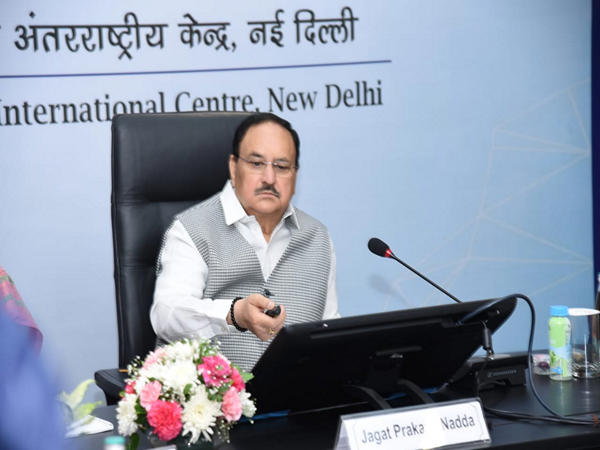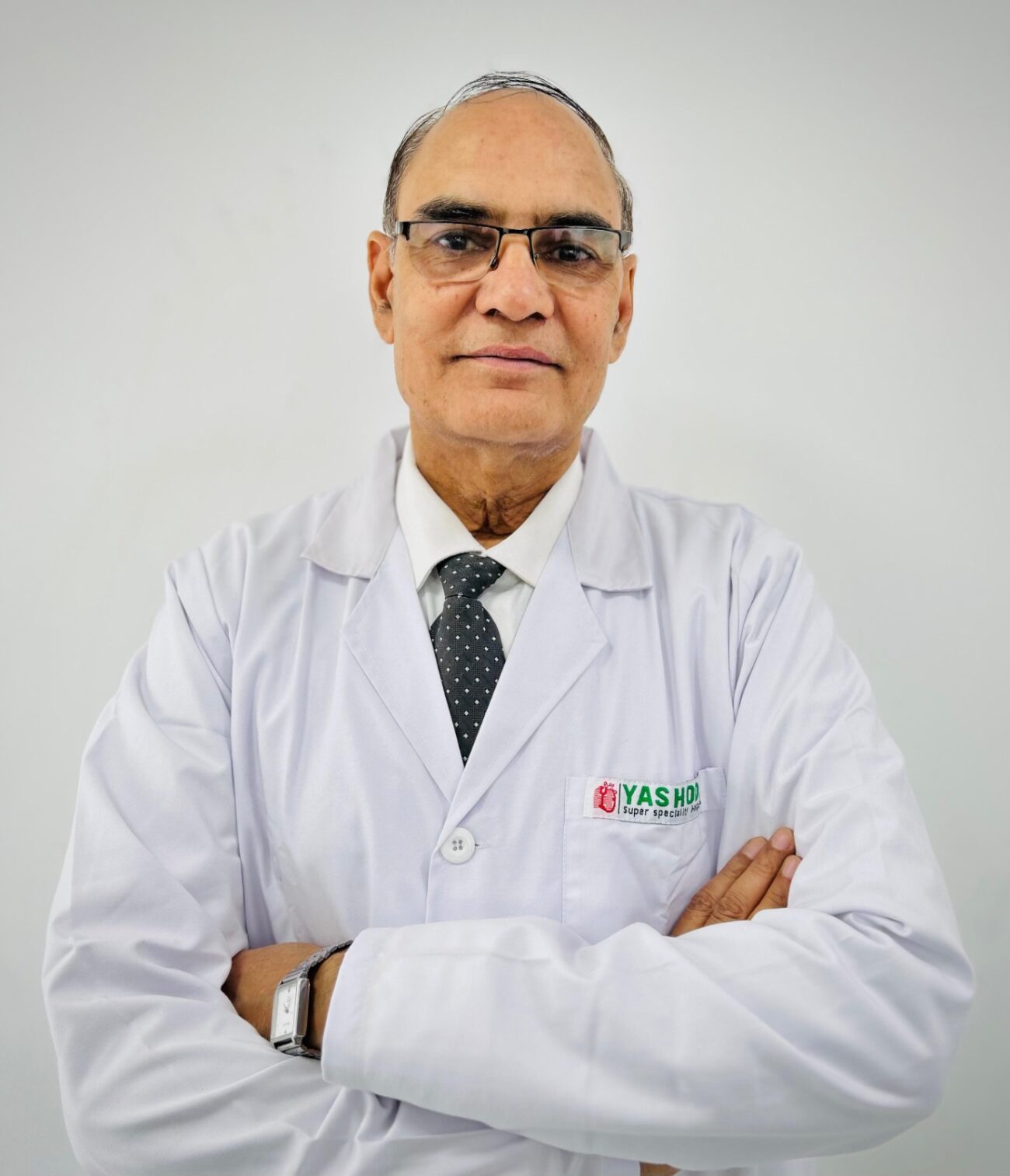Busting the Myths: Common Misconceptions About Chemotherapy
Dr Mangesh P Kamath, Additional director, Medical Oncology, Fortis Hospital, Cunningham Road, Bangalore Chemotherapy, a cornerstone of cancer treatment, often evokes fear and uncertainty. Images of hair loss and debilitating side effects come to mind. However,

Dr Mangesh P Kamath, Additional director, Medical Oncology, Fortis Hospital, Cunningham Road, Bangalore
Chemotherapy, a cornerstone of cancer treatment, often evokes fear and uncertainty. Images of hair loss and debilitating side effects come to mind. However, many misconceptions surround this life-saving therapy. Let’s debunk some common myths and shed light on what chemotherapy truly entails.
Myth 1: Chemotherapy Makes You Completely Bald.
Hair loss is a frequent, but not universal, side effect. The drugs target rapidly dividing cells, which includes hair follicles. While hair loss can be emotionally challenging, it’s usually temporary and hair regrows after treatment. Additionally, scalp cooling techniques can minimize or even prevent hair loss in some cases.
Myth 2: Chemotherapy Makes You Extremely Sick All the Time.
Side effects like nausea, fatigue, and mouth sores are not common in all patients, but advancements in medication and supportive care significantly manage these. Doctors can prescribe anti-nausea medication to be highly effective. Fatigue can be addressed through rest and personalized strategies. Chemotherapy is tailored for individual needs, with varying schedules designed to minimize side effects.
Myth 3: Chemotherapy is Always Used to Cure Cancer.
While cure is a potential outcome, chemotherapy can also be used for other purposes, such as shrinking tumors before surgery, slowing cancer growth, or managing symptoms and improving quality of life. The specific goal of chemotherapy depends on the type and stage of cancer.
Myth 4: Chemotherapy is the Only Treatment for Cancer.
Cancer treatment often involves a multi-pronged approach. Surgery, radiation therapy, targeted therapies, and immunotherapy can be combined with chemotherapy for optimal results. The best treatment plan is personalized based on the individual’s specific diagnosis and health. Chemotherapy is not always necessary for the treatment of cancer patients; in certain cases, doctors may choose to treat patients with early-stage cancers with targeted therapy, hormonal therapy, or immunotherapy instead of chemotherapy.
Myth 5: There are No Alternative Treatments to Chemotherapy.
While chemotherapy remains a crucial tool, some patients explore complementary therapies alongside conventional treatment. However, it’s crucial to discuss any potential interactions or interference with chemotherapy with your doctor. Complementary therapies should not be considered replacements for conventional cancer treatment.
What to Remember About Chemotherapy:
- Individualized Treatment: Chemotherapy regimens are tailored to the specific type and stage of cancer, along with the patient’s overall health.
- Side Effects Management: Modern medicine offers a variety of medications and techniques to manage side effects effectively.
- Open Communication: Open communication with your doctor is vital. Discuss your concerns, side effects, and any questions you have.
- Support System: Building a strong support system of family, friends, and healthcare professionals is key to navigating the emotional, physical, and logistical challenges of treatment.
Moving Forward with Confidence
Chemotherapy is a powerful tool in the fight against cancer. By understanding the realities of treatment and dispelling common misconceptions, patients can approach their journey with greater clarity and confidence. Talk to your doctor and be an active participant in your treatment plan.






